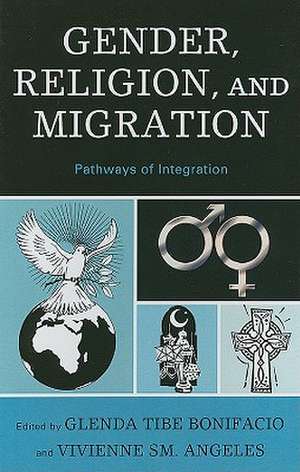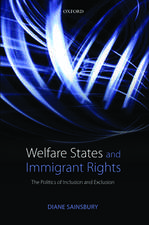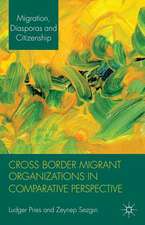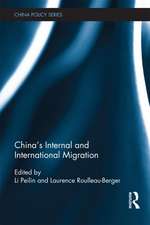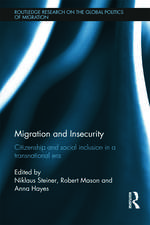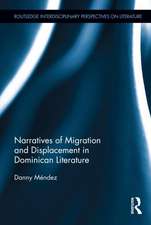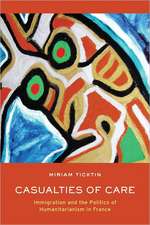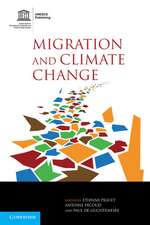Gender, Religion, and Migration
en Limba Engleză Hardback – 2 dec 2009
Preț: 786.28 lei
Preț vechi: 1077.10 lei
-27% Nou
Puncte Express: 1179
Preț estimativ în valută:
150.45€ • 157.08$ • 124.52£
150.45€ • 157.08$ • 124.52£
Carte tipărită la comandă
Livrare economică 04-18 aprilie
Preluare comenzi: 021 569.72.76
Specificații
ISBN-13: 9780739133132
ISBN-10: 0739133136
Pagini: 304
Dimensiuni: 155 x 229 x 30 mm
Greutate: 0.57 kg
Editura: Rowman & Littlefield
ISBN-10: 0739133136
Pagini: 304
Dimensiuni: 155 x 229 x 30 mm
Greutate: 0.57 kg
Editura: Rowman & Littlefield
Notă biografică
Descriere
Gender, Religion, and Migration is the first collection of case studies on how religion impacts the lives of (im)migrant men, women, and youth in their integration in host societies in Asia-Pacific, Europe, Latin America, and North America. It interrogates the populist ideology that religion is anathema to social integration in the post-9/11 era.
